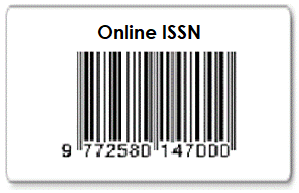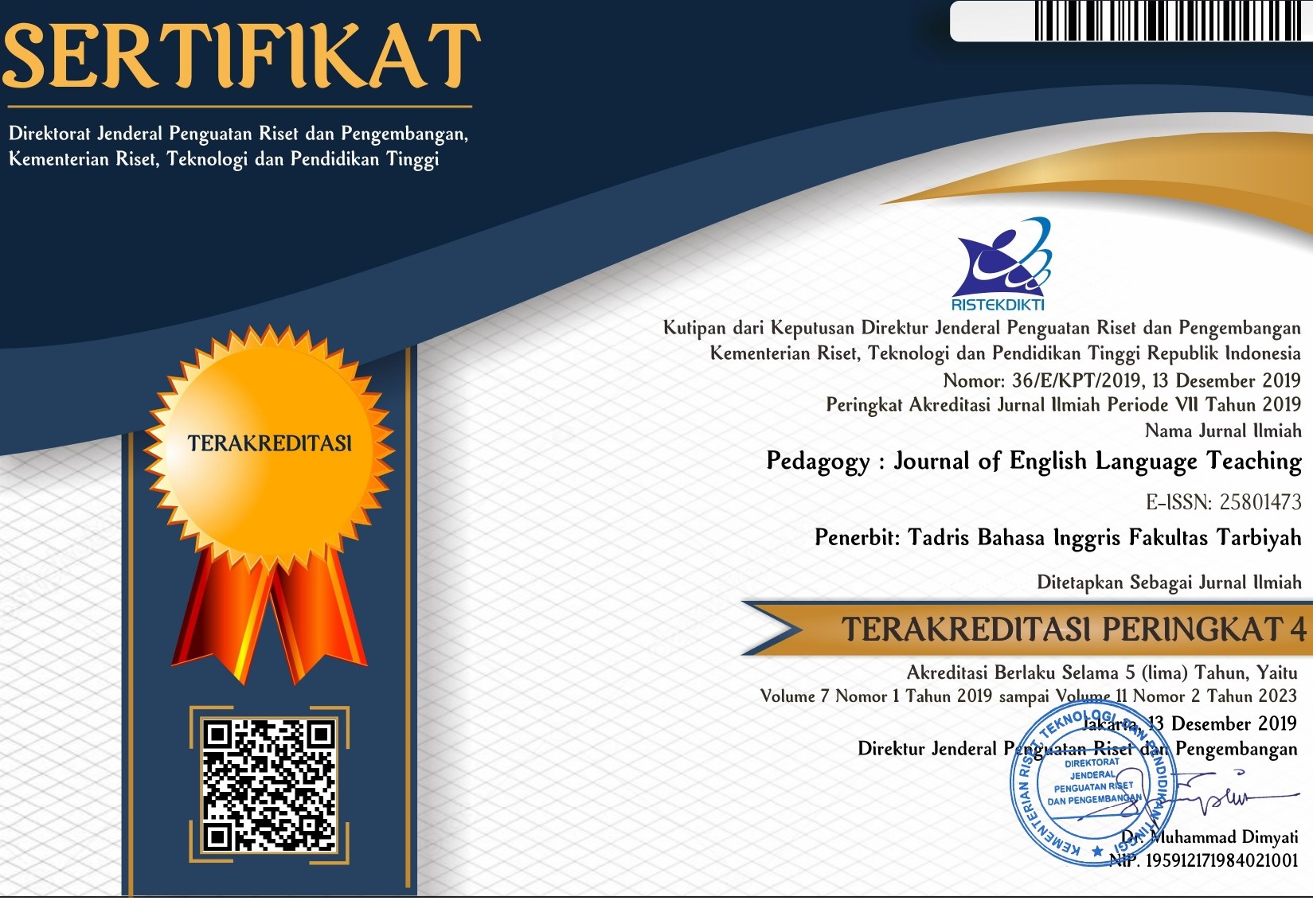Perspectives of English Education Graduates in Shaping Corpus-Based Research Courses for EFL Teaching: An Exploratory Research
An Exploratory Research
DOI:
https://doi.org/10.32332/joelt.v12i1.7954Keywords:
curriculum integration, Corpus-Based Research, EFL, exploratory research, Professional Development (PD)Abstract
This study investigates the implementation of Corpus-Based Research (CBR) in English language instruction in Papua, Indonesia. Through interviews with six graduates of an English Education study program who experienced in teaching across primary, secondary, and tertiary education levels in diverse formal and informal settings, the research explores the perceived relevance and importance of CBR. While some participants acknowledged the potential benefits of CBR, others noted limited familiarity and encountered challenges in its integration. However, a subgroup exhibited enthusiasm for CBR, recognizing it as a valuable tool to tailor teaching materials. These findings align with earlier research and highlight the adaptable nature of teachers' attitudes. Additionally, participants emphasized the need for early CBR introduction in teacher training and ongoing professional development. They recommended support systems and access to resources for effective CBR integration. The study informs the development of CBR-integrated courses, addressing Papua's unique educational landscape. It underscores the importance of comprehensive training and support to facilitate CBR incorporation into language teaching
















